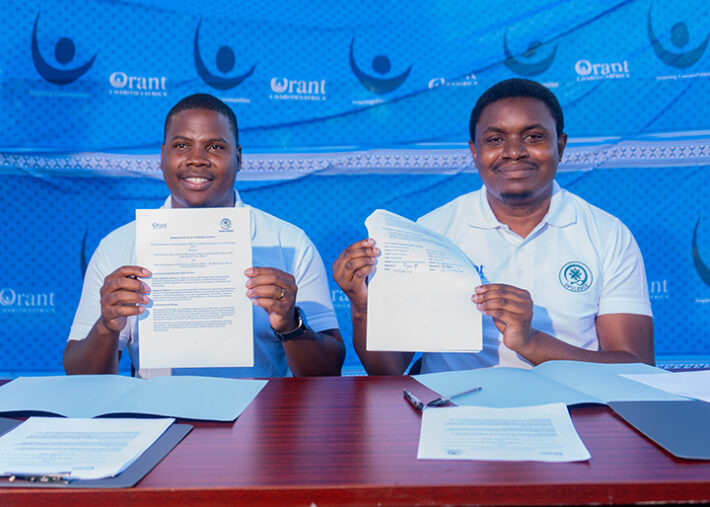Introducing Nkhuni Pang’ono Moto
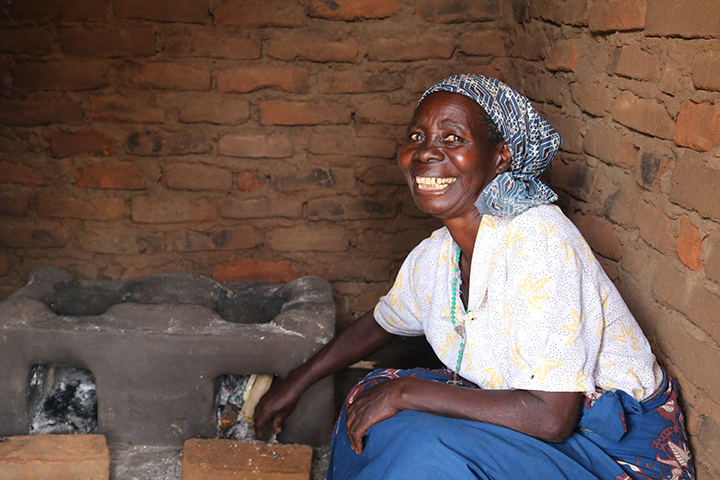
Firewood-saving stoves for a Sustainable Dowa

Introducing Nkhuni Pang’ono, Moto! Firewood-saving stoves for a Sustainable Dowa
In today’s fast-paced world, the effects of climate change are being felt every day. With this, it is very important that the world adopts practices that mitigate its impact. One of the core issues that our Energy and Environment program is designed to address is the issue of deforestation, which has been a significant concern in our catchment area, particularly around the Ngara mountains. Being located close to these mountains, we have witnessed deforestation firsthand and experienced its devastating effects.
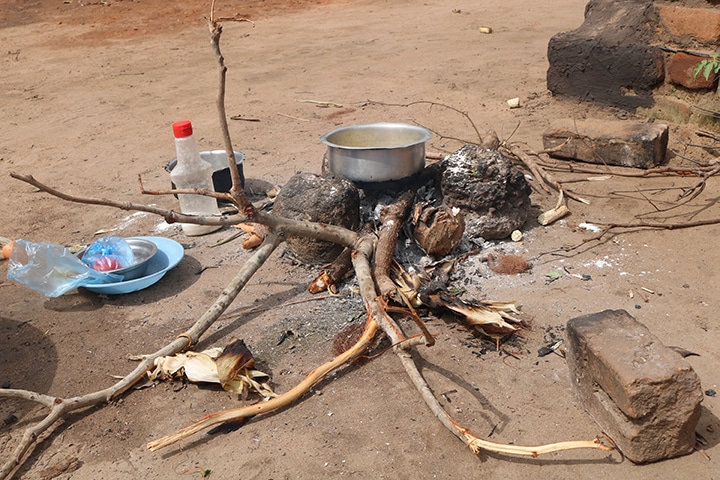
Women and Girls bear a double burden
Apart from deforestation, one of the critical challenges Malawi faces is the disproportionate burden placed on women and girls when it comes to fetching firewood. This task, which is often time-consuming and physically demanding, falls predominantly on their shoulders. To make matters worse, they also bear the responsibility of fetching water, adding to their already overwhelming workload.
This double burden has many implications for their well-being, education, and overall empowerment. Girls may be forced to miss school to help with these chores, perpetuating the cycle of poverty and limiting their future prospects. Women, on the other hand, end up sacrificing their own economic activities or personal development to fulfill these responsibilities.
To alleviate this burden and promote gender equality, we introduced the firewood-saving stoves as a key component of our program. These stoves are also designed to reduce firewood consumption hence mitigate the effects of climate change.
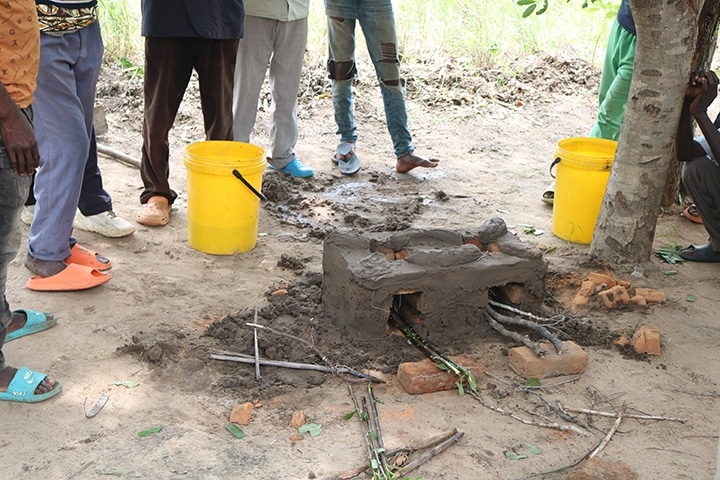
The Process
The journey began with awareness campaigns in the communities, where we sensitized them on the dangers of deforestation.
The process involved reaching out to local leaders and, together with them, conducting sensitization and awareness campaigns on the dangers of deforestation and promotion of tree planting. We also invested time in learning from others who are doing similar activities. For instance, our visit to Ripple Africa was insightful, as we learned about their Changu Firewood-saving stoves. We then started conducting training for people who were selected as volunteers. After training these volunteers, they trained the communities in making and maintaining these stoves.
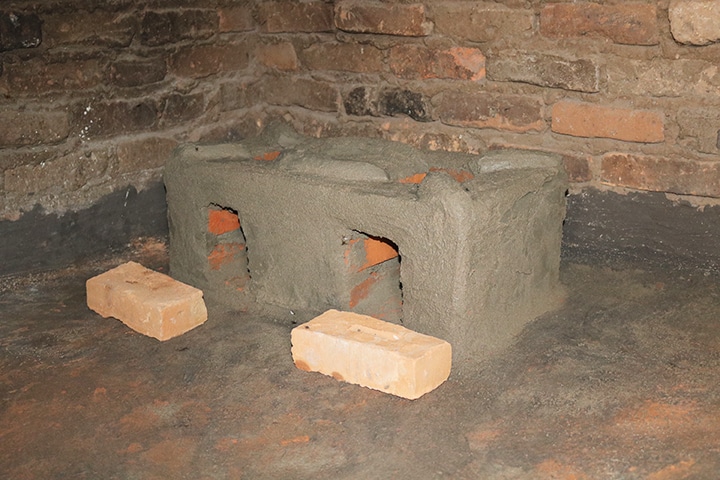
But why is this initiative so important? Let's hear from the communities themselves: Saving Time and Reducing Burden
Elenata Kambizi from Kaondo village shares, “We used to go fetching firewood every two days, as cooking on three stones used to consume a lot of firewood. Most of the time, the firewood would just burn out with air because of the three openings of the three stones.”
Lekeleni Mbewe agrees with Elenata’s sentiments by explaining how they used to carry really huge bundles of firewood to carry them through a few more days, which would mean spending a lot of hours in the forests fetching firewood.
Chief Kaondo adds that this would also contribute to marriage conflicts due to mistrust, as women would spend a lot of hours fetching firewood.

Reducing Deforestation and Promoting Sustainability
Another benefit of the Nkhuni Pang’ono, Moto! stoves is that they do not produce a lot of smoke, unlike cooking on three stones, which makes pots get dirty with smoke. What strikes the community the most is that the stoves have also helped in the prevention of accidents.
Elenata narrates how she was once a victim of accidents that happen with cooking on three stones. “One day, I put water on a fire, and it started boiling. As I went to attend to what I was cooking, I stepped on a piece of firewood which made the boiling water spill on my legs. It was terrible.”
As we continue with this initiative to other communities, we are happy that every household in Kaondo village now has access to these firewood-saving stoves, which is a significant step towards reducing deforestation and mitigating the effects of climate change. Not only that, we are happy to combine this initiative with an element of tree planting to promote reafforestation. Looking forward, we plan to pilot this initiative in 11 more villages under Group Village Headman M’biya.
Stay tuned for more updates from our Energy and Environment program!




